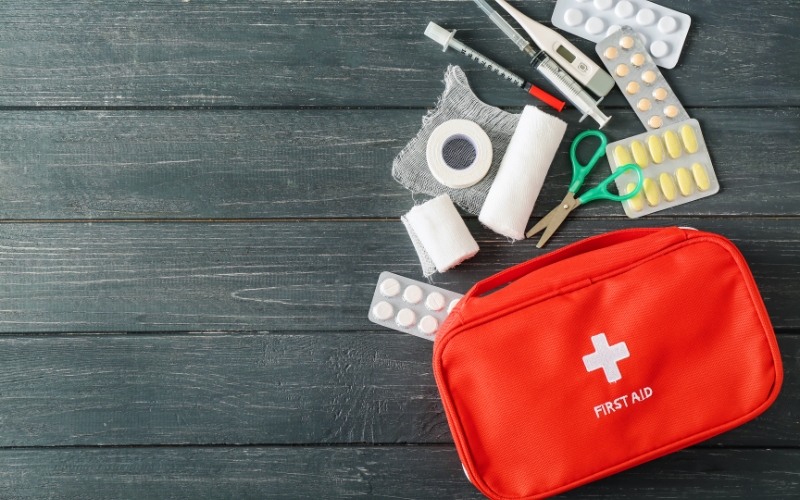
We’ve all been there – a sudden toothache, a chipped tooth, or worst-case scenario: a knocked-out tooth. Dental emergencies can strike at any moment and leave you feeling helpless and in pain. But fear not! Emergency dentistry is here to save the day (and your smile!). In this post, we’ll dive into everything you need to know about emergency dental care, from what constitutes as an emergency to how you can prepare for one. So buckle up and let’s get started on our journey to becoming dental disaster experts!
What is an emergency dental surgery?
When dental disasters strike, emergency dentistry can be the lifesaver. Here are four common dental emergencies and what to do if you experience them:
- A broken tooth: If a tooth is broken, it needs to be treated quickly. If the tooth is slightly loose, hold it in place with a bandage or wrap and call your dentist. If the tooth is fully loose, it needs to be extracted immediately.
- A knocked out tooth: If a tooth falls out, don’t try to put it back in – call your dentist right away! Tooth displacement can lead to infection and further damage.
- A cracked tooth: If you see cracks in your teeth, get them checked out as soon as possible by your dentist. Cracks can lead to serious dental problems down the road, including sensitivity and rotting teeth.
- An overtreated cavity: Overthecounter cavity treatments (like mouthwash) can cause teeth to become sensitive over time – which means that they’re more likely to break when subjected to stress (like during chewing). Always go see a dentist after getting sick of over-the-counter treatments!
Symptoms of a dental emergency
When dental emergencies strike, it’s important to know how to get the treatment you need as quickly as possible. Here are some symptoms to watch for and what to do if you experience them:
– Redness or swelling around the tooth or gums
– A severe pain in the region of the tooth or gum
– A bad odor coming from the mouth
– Difficulty speaking, chewing, or swallowing
How to prepare for a dental emergency
If you ever find yourself in a dental emergency, know that there are steps you can take to minimize the damage and ensure a speedy recovery. Here are three tips for preparing for a dental emergency:
- Know the signs of a dental emergency. If you notice any of the following symptoms, contact your dentist immediately: redness, swelling, pain, bleeding, toothache that won’t go away, or difficulty eating or speaking.
- Keep a supply of oral supplies on hand. Include toothpaste, toothbrush and floss in your emergency kit. If you have to go to the hospital, be sure to bring along any extra dental supplies that might be necessary (such as crowns or bridges).
- Have an evacuation plan ready. Make sure you have contact information for members of your household who can take care of your pets and children if necessary. And make sure you have an alternate address and phone number in case you have to leave quickly without warning.
Conclusion
When dental emergencies strike, know that you are not alone. Almost everyone experiences at least one dental emergency in their lifetime. In fact, more than half of adults will experience a dental emergency in their lifetime! Knowing what to do when an emergency arises can help you get the most out of your dentist and minimize the damage done. Read on for some tips on how to handle common dental emergencies:
If you have a toothache that is not going away:
1) Check with your doctor first – some painkillers or ibuprofen may be effective for treating toothaches without needing to go to the dentist.
2) If painkillers or ibuprofen don’t work, call 911 and go to the hospital. If it’s an acute (short-term) toothache, your doctor may prescribe antibiotics before sending you home. Acute toothaches are usually caused by infection and require antibiotics to treat them effectively; unfortunately, this means missing school or work the next day.
3) If it’s a chronic (long-term) toothache that isn’t getting better even after taking over-the-counter medication or going to the hospital, see your dentist as soon as possible! A root canal might be necessary if there is no other solution available.



